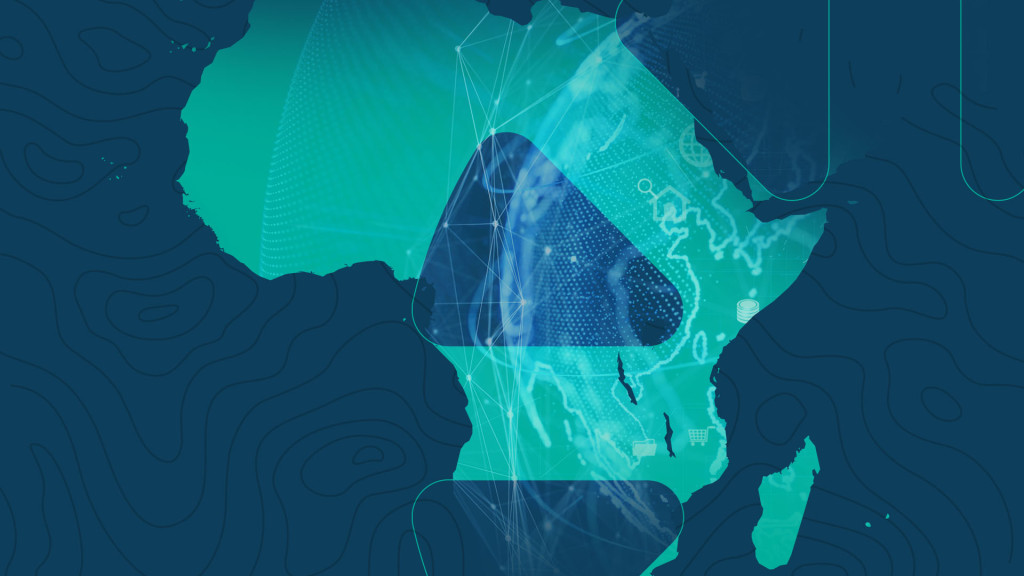Digital rights groups urge Tanzania to guarantee online freedoms ahead of general election
A coalition of African and international digital rights organisations has issued an open letter urging the Tanzanian government to refrain from internet shutdowns, censorship, and arbitrary restrictions during the country’s general election on 29 October 2025. The letter calls on authorities and telecommunications companies to uphold constitutional and international human rights standards guaranteeing freedom of expression and access to information.

On 28 October 2025, the Net Rights Coalition (NRC) and 11 partner organisations sent an open letter to Tanzania’s Ministry of Communications and Information Technology, warning against government-imposed restrictions on digital platforms and communication tools during the national elections.
Addressed to Minister Jerry William Silaa and copied to the Tanzania Communications Regulatory Authority (TCRA) and leading mobile operators, the letter highlights a pattern of online repression that has intensified in recent years. The groups argue that Tanzania’s record on digital rights, marked by censorship, platform bans, and surveillance, undermines democratic participation and citizens’ fundamental freedoms.
Background: recurring restrictions on digital platforms
Between 2020 and 2025, Tanzania has repeatedly restricted access to major online platforms, particularly around politically sensitive moments. The letter cites several notable incidents:
- September 2025: The TCRA blocked access to JamiiForums, one of Tanzania’s most popular discussion and news platforms, and suspended its licence for 90 days for allegedly publishing content that ‘misleads the public’ or ‘defames’ the president.
- August 2024 and May 2025: Access to X (formerly Twitter) was blocked by multiple internet service providers, disrupting online discussion. Users also reported difficulties accessing TikTok and Instagram Live.
- 2023: The government introduced a ban on Virtual Private Networks (VPNs), making it illegal for citizens to use privacy tools to bypass restrictions.
- October 2020 elections: Authorities suspended SMS and blocked access to Twitter, WhatsApp, and Telegram a day before the vote.
These actions, the letter argues, demonstrate a systematic trend of digital repression in which authorities use cybersecurity and media laws to limit public discourse and stifle criticism.
Legal and human rights context
The signatories emphasise that these restrictions contradict both domestic and international legal obligations.
- Article 18 of Tanzania’s Constitution guarantees freedom of expression and the right to seek, receive, and impart information.
- Under the International Covenant on Civil and Political Rights (ICCPR) and the African Charter on Human and Peoples’ Rights (ACHPR), Tanzania is bound to protect freedom of expression (Articles 19 and 9, respectively).
- The African Commission’s Declaration of Principles on Freedom of Expression and Access to Information (Principle 38(2)) explicitly prohibits governments from disrupting internet access for segments of the public.
- The ACHPR Resolution 580 on Internet Shutdowns and Elections in Africa further calls on states to guarantee uninterrupted connectivity during electoral periods.
The coalition also reminds telecommunications companies of their responsibilities under the UN Guiding Principles on Business and Human Rights, which require businesses to respect human rights and disclose any government orders to restrict internet access.
Key demands in the open letter
The signatories urge the Tanzanian government and telecom operators to take five immediate actions:
- Avoid internet shutdowns or throttling before, during, and after the general election.
- Ensure full access to all social media platforms and promptly restore any restricted services.
- End arbitrary takedowns or blocking of online media platforms.
- Publish transparency reports disclosing any government orders related to network disruptions.
- Lift the VPN ban, enabling citizens to access information securely and exercise free expression online.
The organisations underline that unrestricted internet access is essential for credible elections, transparency, and public participation.
Who signed the letter?
The statement was jointly signed by a broad coalition of African and international organisations working on digital rights and Internet governance, including:
- African Internet Rights Alliance
- Paradigm Initiative
- KICTANet (Kenya ICT Action Network)
- CIPESA (Collaboration on International ICT Policy for East and Southern Africa)
- Tech & Media Convergency (Tanzania)
- FactCheck Africa
- Internet Governance Tanzania Working Group (IGTWG)
- Fronts Numériques (France)
- Kigali Attorneys and Partners LLP
- Dig It With Imani – The Podcast
- Avocats Sans Frontières France
- Brain Builders Youth Development Initiative
Broader significance
The open letter situates Tanzania within a regional pattern of digital restrictions seen across parts of Africa during election cycles, where governments have used internet shutdowns or social-media blocks to control narratives and limit civic participation.
By appealing to both state authorities and private sector actors, the coalition underscores that safeguarding digital rights is a shared responsibility – crucial not only for free elections but also for maintaining public trust in democratic institutions.
Whether Tanzanian authorities heed these calls will be a key test of the country’s commitment to its constitutional guarantees and international human rights obligations in the digital era.


